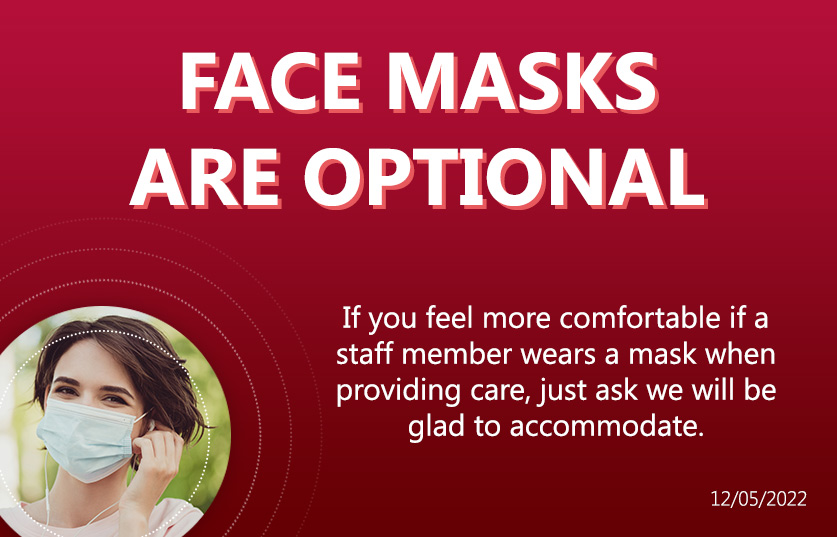A food allergy is different from a food intolerance. An allergy (which can be life-threatening) occurs when your body’s immune system reacts to a food protein, mistaking it a threat. An intolerance is when your body has trouble digesting food, usually cause gassiness or an upset stomach.
The best way to treat food allergies and intolerances is avoidance. Always read ingredient labels before consuming food products. Be mindful of cross-contact as it can occur anywhere an allergen is present. It can happen at a 5-star restaurant, your school’s cafeteria and even mom’s kitchen.
Always have a plan. If you doctor has prescribed an epinephrine auto-injector (EpiPen, Auvi-Q), carry it with you at all times. Be sure it’s not expired, damaged and kept at a safe temperature. Create an Emergency Care Plan that tells you and others how to recognize and respond to an allergic reaction. For school children, many schools require forms like these for a child with an allergy but if not, provide one to them! Also, wearing an allergy alert bracelet can help protect you or a loved one.
After using an epinephrine auto-injector, call 911 immediately. Epinephrine is used only to buy time until proper medical attention is received. Communicate the use of epinephrine to the 911 operator so they may send an ambulance with epinephrine on board if another dose is needed. Follow up with your allergist as soon as possible and be sure to get a prescription to replace your used epinephrine auto-injector.








